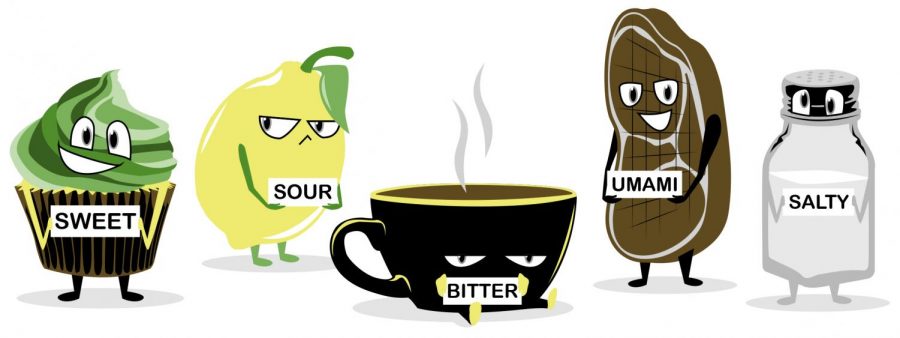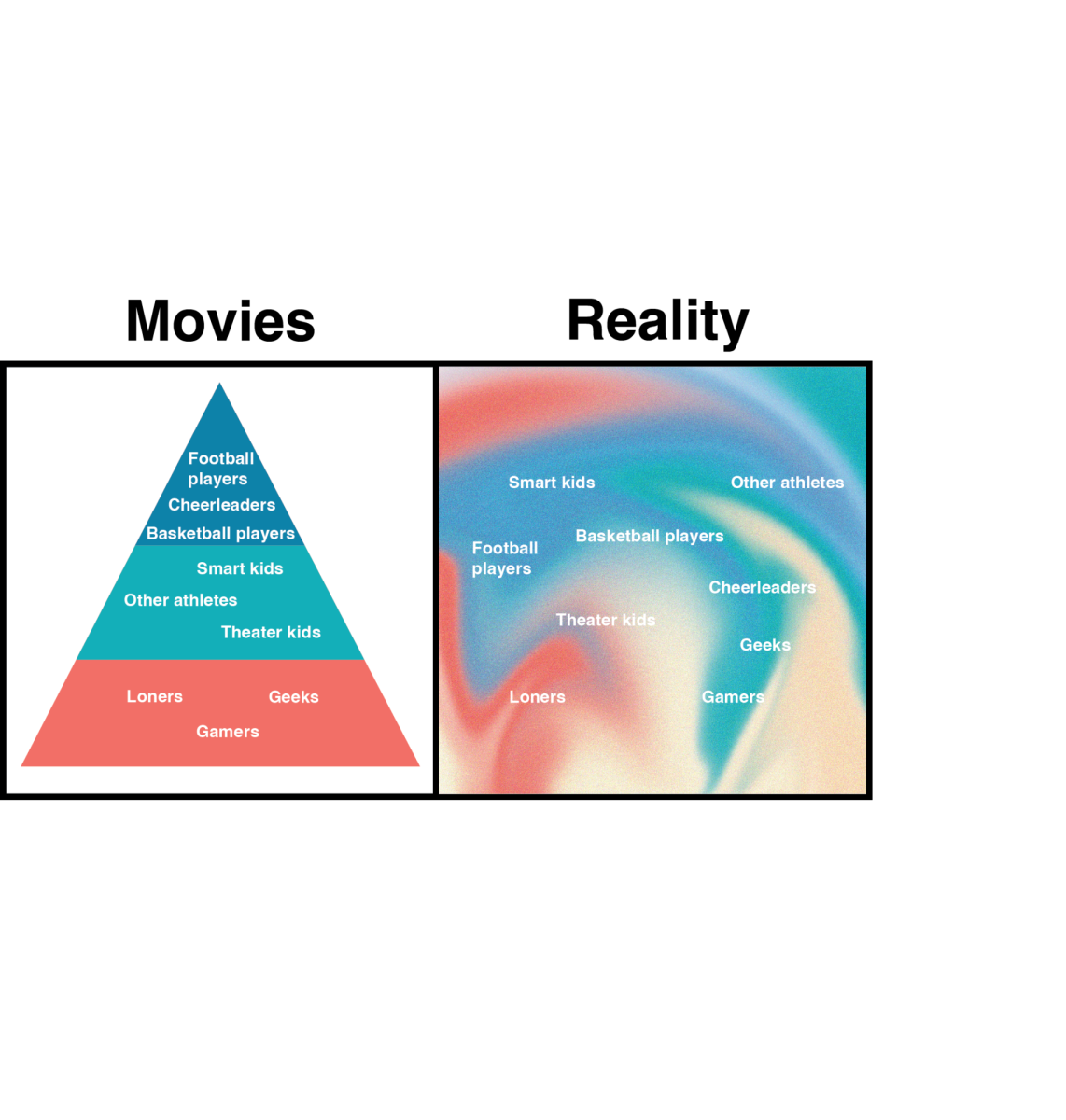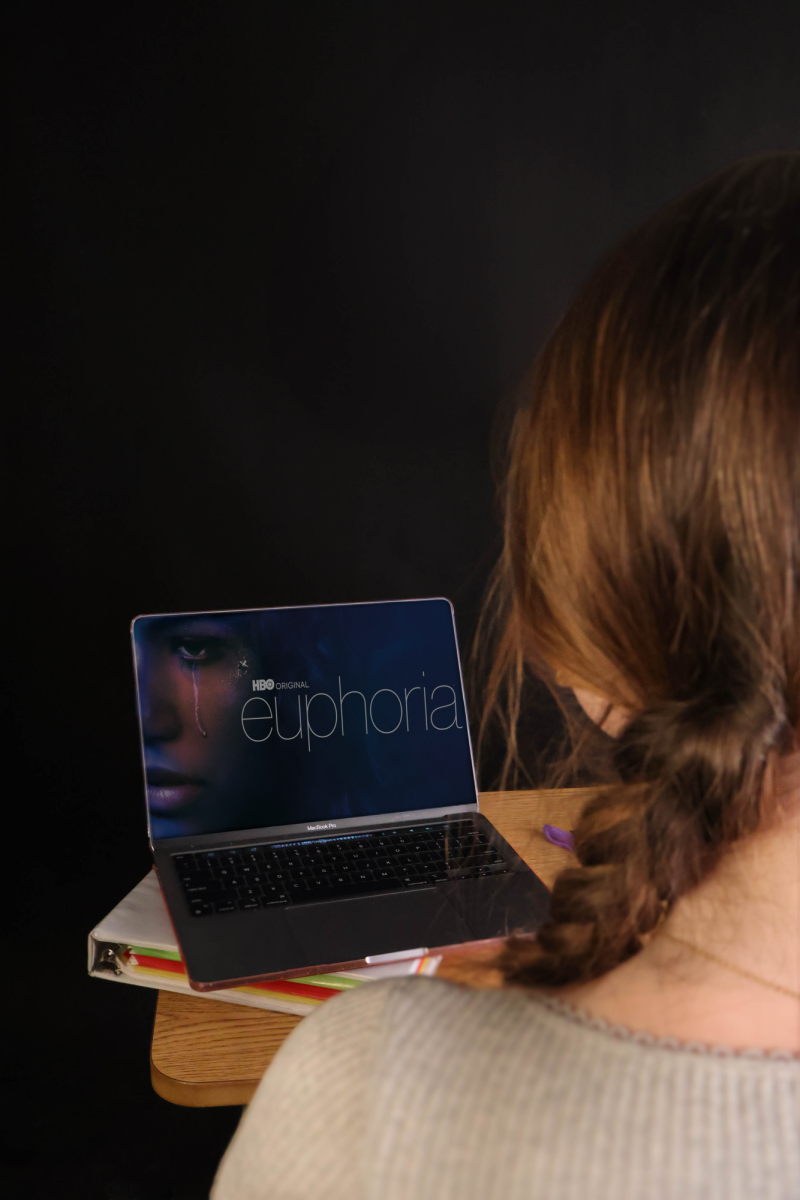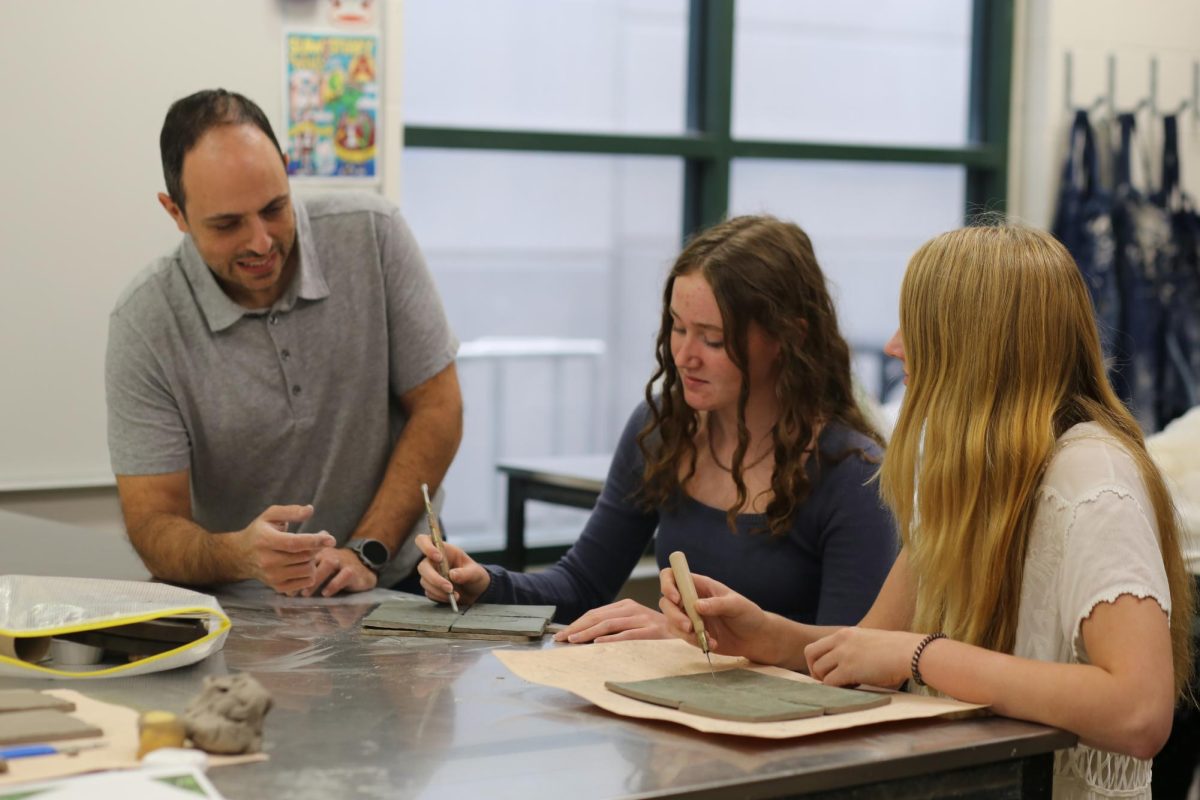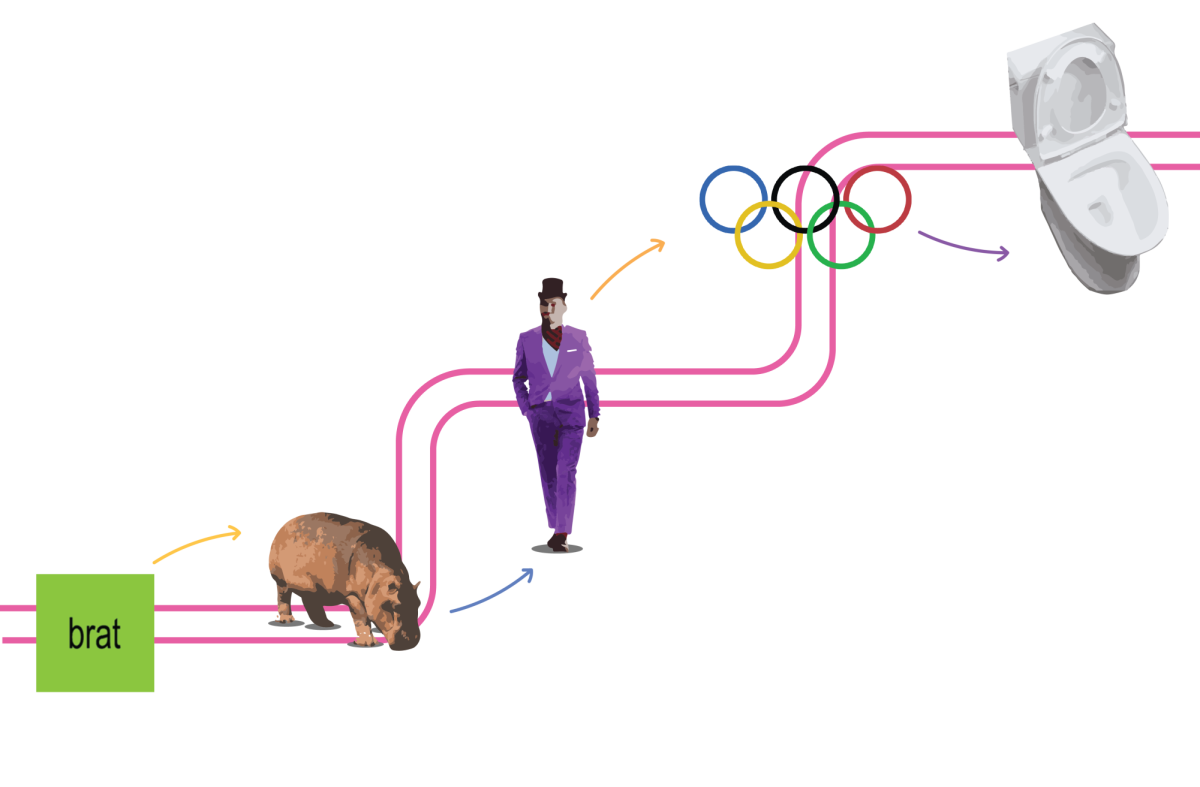Seventh grader Owen Raffa takes a bite of his usual after school snack of toast, making a face as he tastes it. Despite his growling stomach, he abandons the toast and starts working on his homework.
Raffa, like many others who contract COVID-19, partially lost his sense of taste as a symptom of the virus. In particular, Raffa said he could still taste foods but that their tastes were odd and unappetizing. Loss of taste and smell are some of the most common symptoms of COVID-19 according to the Center for Disease Control’s (CDC) website. According to an article in Today, most people’s loss of taste and smell returns or improves within a month, although there is a small percentage of people for whom the loss lasts much longer or is even permanent. The majority of coronavirus symptoms impact the respiratory system. Shortness of breath, reduced lung capacity, and coughing can signify a more serious case. In comparison, temporarily losing taste and smell might not seem very bad.
“[Taste is] a lot more important than I’d originally thought,” Raffa said. “When I go to eat my favorite snack and it just doesn’t really taste the same, that’s really weird. I didn’t expect that to be that severe. I didn’t really expect it to have an actual impact, but it really did.”
While Raffa didn’t lose his sense of smell in addition to his sense of taste, the two are connected. While there is no precise evidence, most experts agree that much of what one tastes comes from their sense of smell. An oft-cited experiment involves tasting foods while plugging your nose; most report a diminished flavor. Yet, smell is often ranked quite low in importance among the five senses. In fact, Raffa ranked it last. Science teacher Bill Personette, on the other hand, said that odor and scents play a very important role in most people’s lives.
“One thing you probably do know is that smells trigger memories like hardly any other sense, so they’re very fundamental,” Personette said. “And also, I’m no evolutionary biologist but there’s reasons why people have the ‘smell test’ in terms of survival as far as not poisoning yourself with rotten food.”
According to the Encyclopedia of Food Sciences and Nutrition, taste preferences can be shaped by culture, gender and race among others. Some research suggests that males prefer salty foods while females prefer sweet ones. Personette said that there are also cultural differences that impact dining experiences.
“I think we all know that it’s good to have a good appetite overall,” Personette said. “I think in America sometimes people eat for the sake of eating as opposed for the process of enjoyment. I’m pretty sure I do know that in Europe, they really take their time when they have meals. They really savor the moment and a lot of times in America it’s really wolf it down and move on.”
Regardless of food preferences, when humans have diminished taste receptors, their appetites tend to decrease.
“I think this goes along with having COVID, not necessarily losing taste but I haven’t been as hungry as I usually am,” Raffa said. “I’ve gone days with only eating a bite or like a piece of fruit for breakfast and then not eating until dinner and just not being hungry.”
There are commonly believed to be five different taste receptors: sweet, salty, bitter, sour and umami. Umami, a Japanese word, refers to the savory taste present in some foods such as red meat and tomatoes. Raffa said that his taste buds reacted differently, depending on the flavor of the food.
“If I’m being honest, the sweet things I don’t really like anymore,” Raffa said. “It’s gotten a lot better now but, for example, I’ve tried a strawberry and it tasted not good. Actually, I guess sweet and salty [flavors] because I had … bread with garlic salt on it and that was not good [either].”
At the end of the day, taste and smell are both far more important than most might originally think. The COVID-19 pandemic has brought this fact to greater public awareness as more people than usual had to deal with the loss of these senses.
“What you lose is a certain richness of experience,” Personette said. “So, you go through life I think really oblivious to all of the pleasantries associated with odors and smells and tastes. … It’s almost like taking a color video and it becoming black and white. A lot of the subtleties and richness are lost. I think smells and odors and taste, they’re easy to look past. They’re just so much a part of you on a daily basis.”




